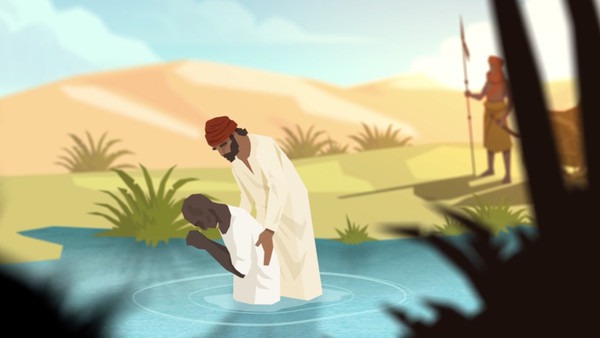
6:00

In this video, we meet the apostle Paul. See how God transformed Paul and grew a small collective of messianic Jews in Jerusalem into a multi-ethnic movement that quickly spread throughout the nations.
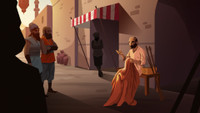
Episode 8
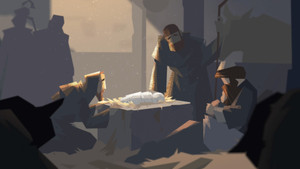
Episode 1
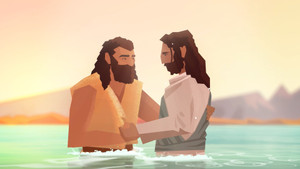
Episode 2
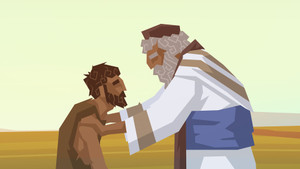
Episode 3
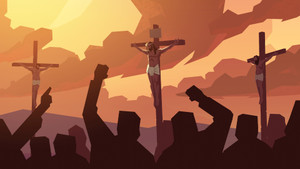
Episode 4
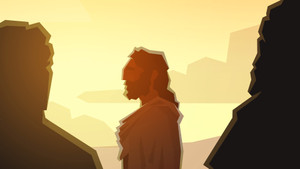
Episode 5
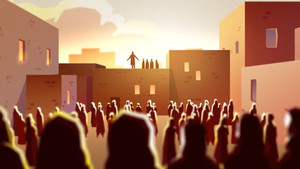
Episode 6

Episode 7

Episode 8
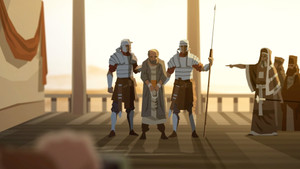
Episode 9